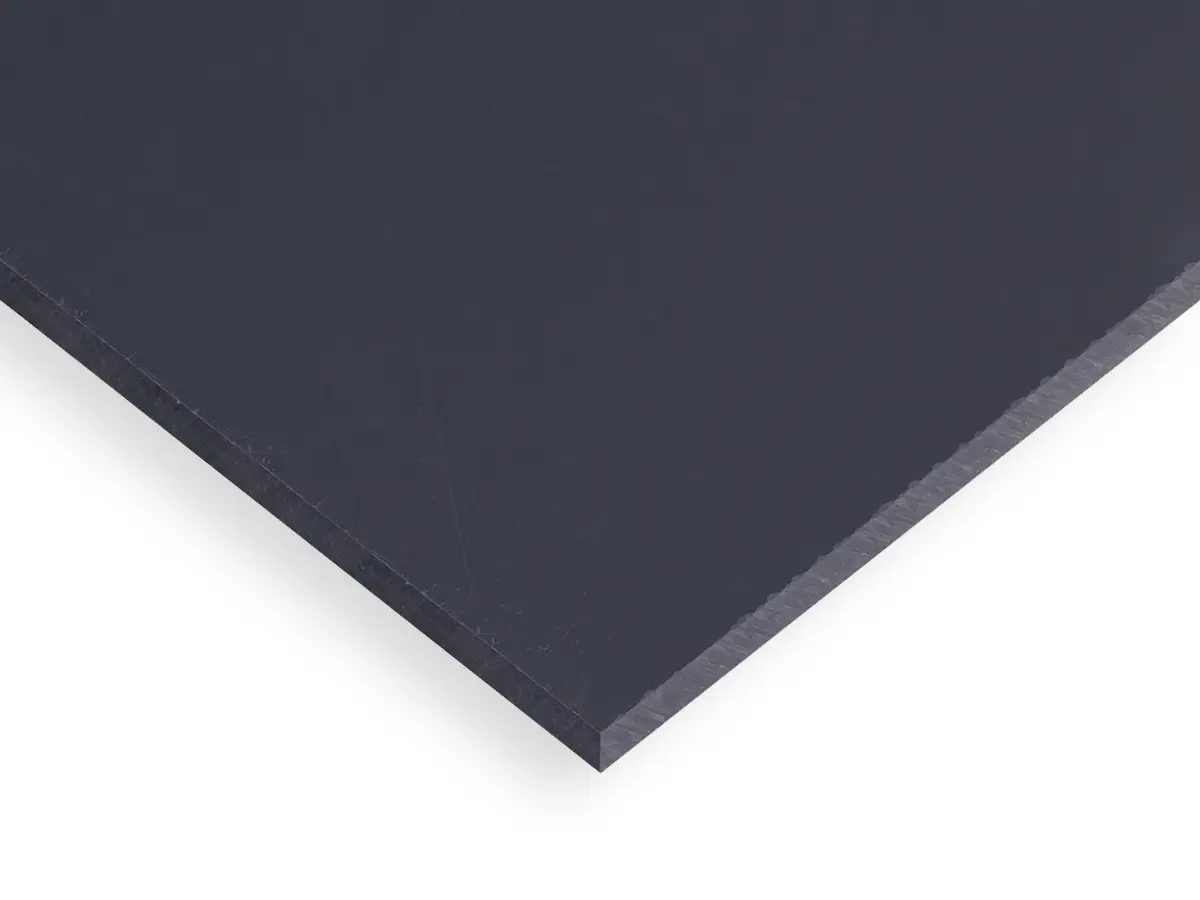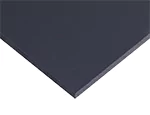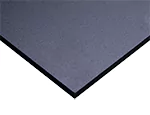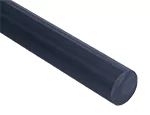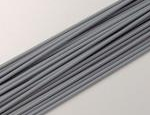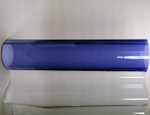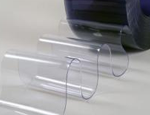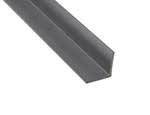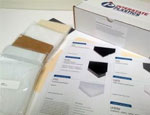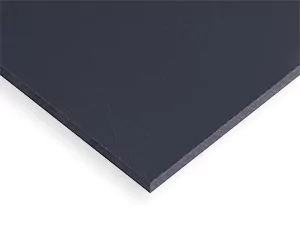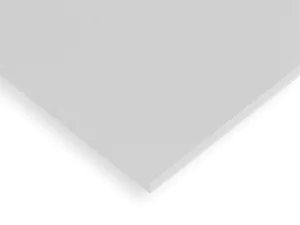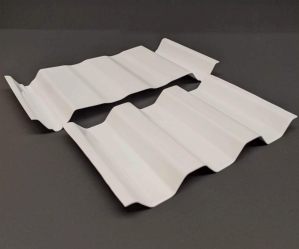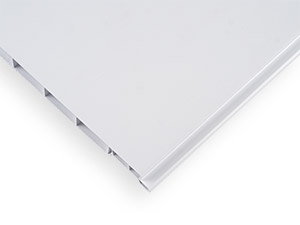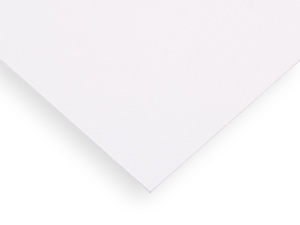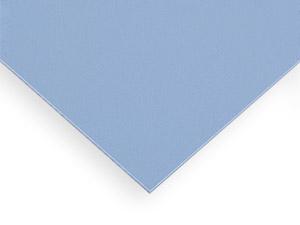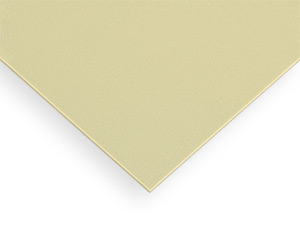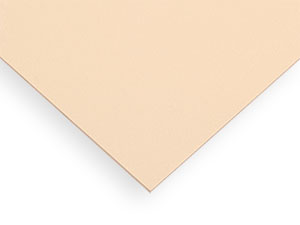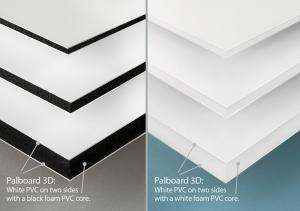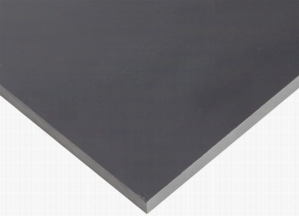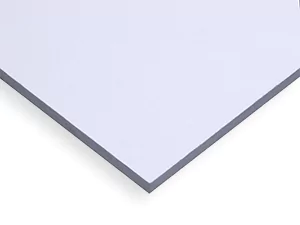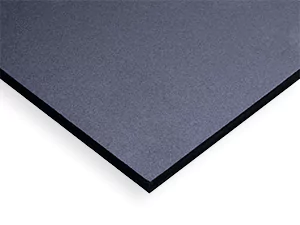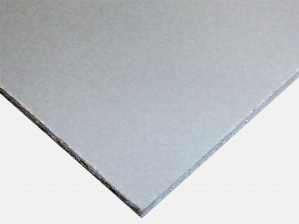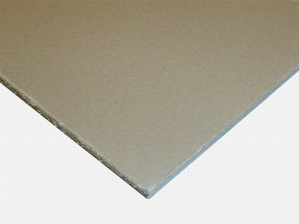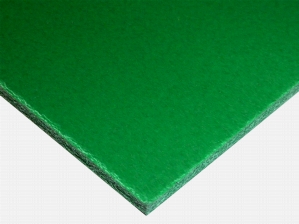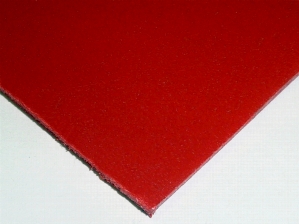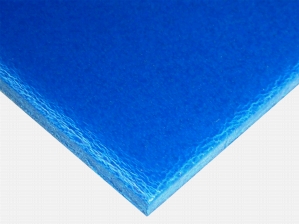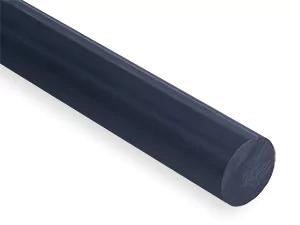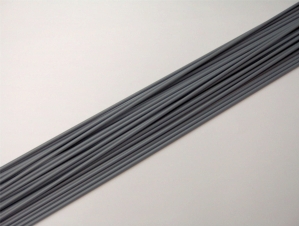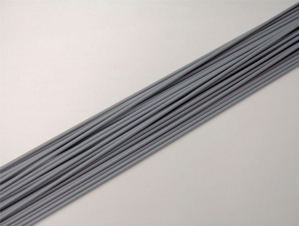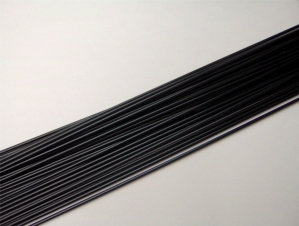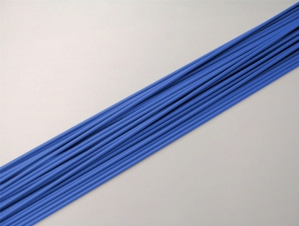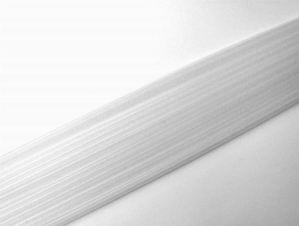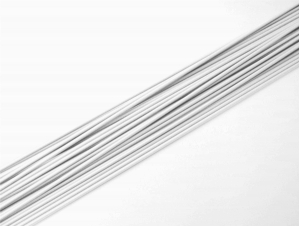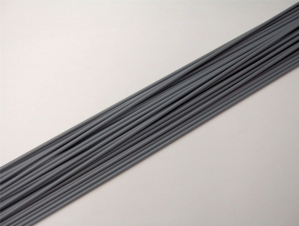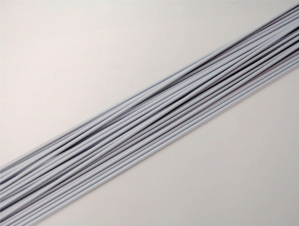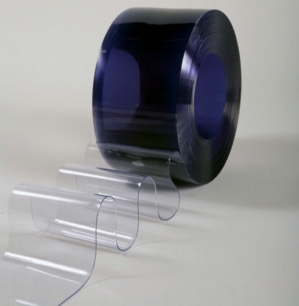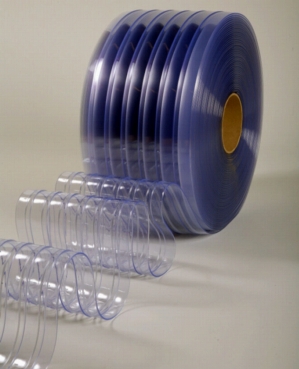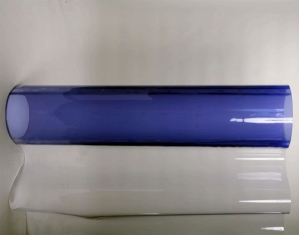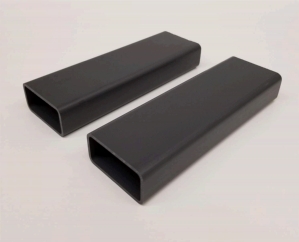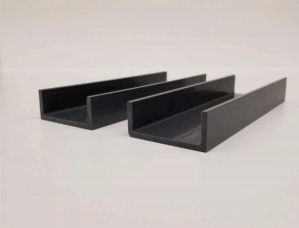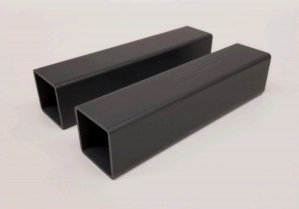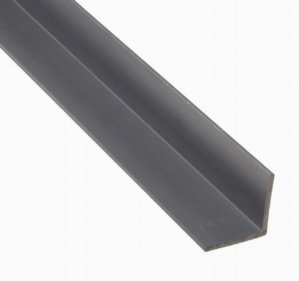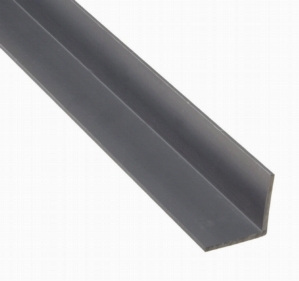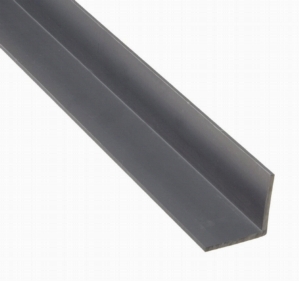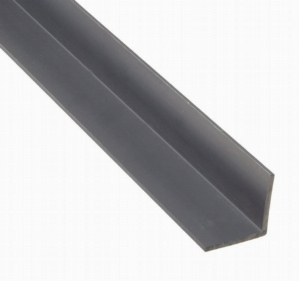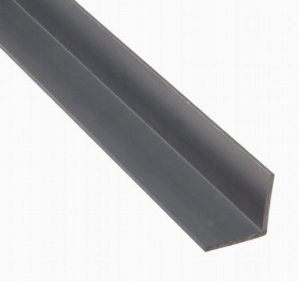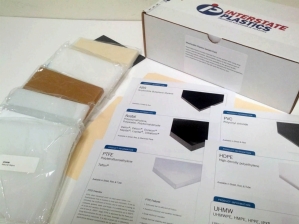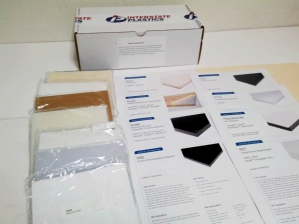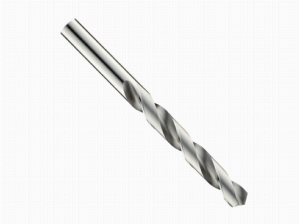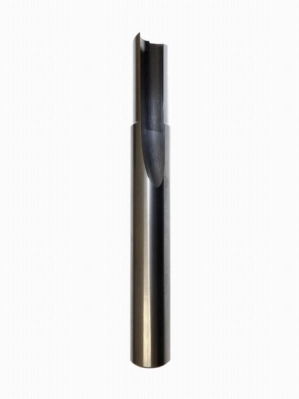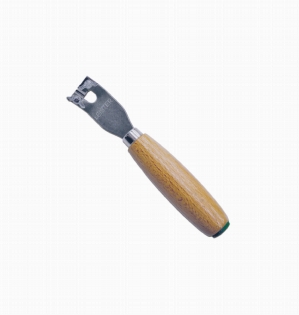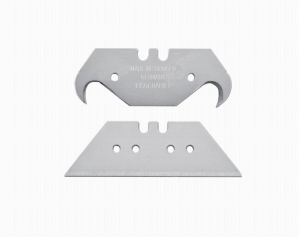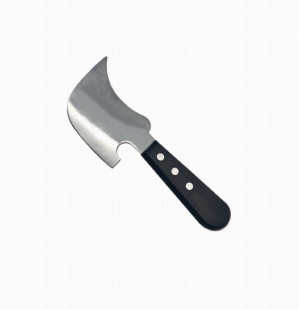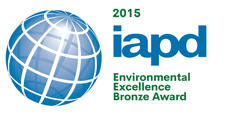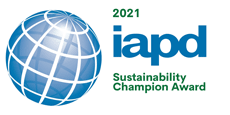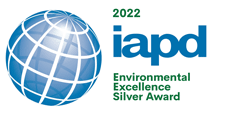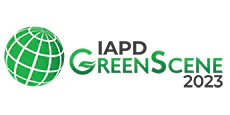PVC is ideally suited for applications where maximum chemical resistance is necessary.
A white PVC type 1 sheet suited for applications where maximum chemical resistance is necessary.
Corrugated PVC panels with excellent chemical resistance.
Polyvinyl chloride interlocking lining panels from Palram.
Hygienic PVC wall panels for various applications.
Hygienic PVC wall panels for various applications.
Hygienic PVC wall panels for various applications.
Hygienic PVC wall panels for various applications.
A new breed of PVC for printing, signage, and 3D creations.
Expanded PVC is tough, high-strength, & lightweight. Many sizes, thicknesses & colors available.
Expanded PVC is tough, high-strength, & lightweight. Many sizes, thicknesses & colors available.
Expanded PVC is tough, high-strength, & lightweight. Many sizes, thicknesses & colors available.
Expanded PVC is tough, high-strength, & lightweight. Many sizes, thicknesses & colors available.
Expanded PVC is tough, high-strength, & lightweight. Many sizes, thicknesses & colors available.
Expanded PVC is tough, high-strength, & lightweight. Many sizes, thicknesses & colors available.
Expanded PVC is tough, high-strength, & lightweight. Many sizes, thicknesses & colors available.
Expanded PVC is tough, high-strength, & lightweight. Many sizes, thicknesses & colors available.
PVC is ideally suited for applications where maximum chemical resistance is necessary.
Type 1 PVC welding rod is sold by the pound, shipped in 4' straight lengths.
Type 1 PVC welding rod is sold by the pound, shipped in 4' straight lengths.
Type 1 PVC welding rod is sold by the pound, shipped in 4' straight lengths.
Type 1 PVC welding rod is sold by the pound, shipped in 4' straight lengths.
Type 1 PVC welding rod is sold by the pound, shipped in 4' straight lengths.
Type 2 PVC welding rod is sold by the pound, shipped in 4' straight lengths.
Type 2 PVC welding rod is sold by the pound, shipped in 4' straight lengths.
Type 2 PVC welding rod is sold by the pound, shipped in 4' straight lengths.
Bulk Rolls of Standard Smooth Clear PVC Extruded Strips
Bulk Rolls of Ribbed Clear PVC Extruded Strips
Bulk Rolls of Standard Smooth Clear PVC Film Sheets
A rectangular-shaped PVC channel.
A U-shaped PVC channel.
A square-shaped PVC tube.
PVC angles are easily cut, drilled, and machined with standard tools.
PVC angles are easily cut, drilled, and machined with standard tools.
PVC angles are easily cut, drilled, and machined with standard tools.
PVC angles are easily cut, drilled, and machined with standard tools.
PVC angles are easily cut, drilled, and machined with standard tools.
6x6" sample of ABS, Acetal, Acrylic, HDPE, PVC, UHMW, and 3x3" sample of PTFE.
6x6" sample of ABS, Acetal, Acrylic, Nylon, PVC, UHMW, PET, and a 3x3" sample of PTFE.
Plastic cutting bits by Onsrud are an industry standard in quality.
Plastic cutting bits by Onsrud are an industry standard in quality.
The Leister hand grooving tool comes with an additional 5 spare blades that store in the handle.
Replacement blades for the Leister hand grooving tool 106.966.
Quarter-moon shaped Leister Spatula Knife.
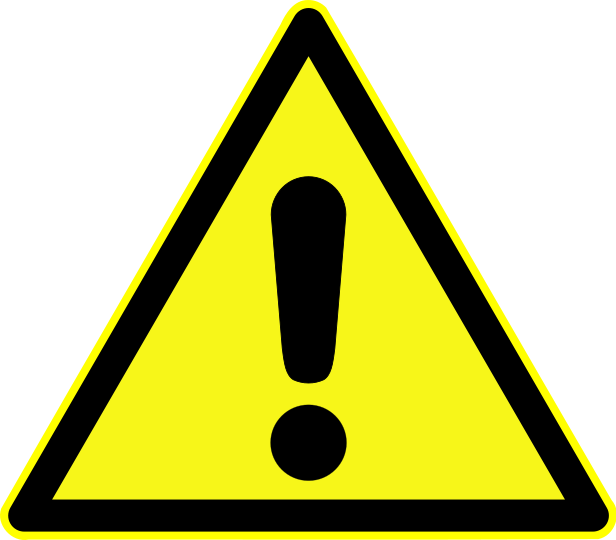
WARNING: The products on this page can expose you to chemicals including Polyvinyl Chloride, CAS 9002-86-2, which are known to the State of California to cause cancer. For more information go to www.p65warnings.ca.gov.

